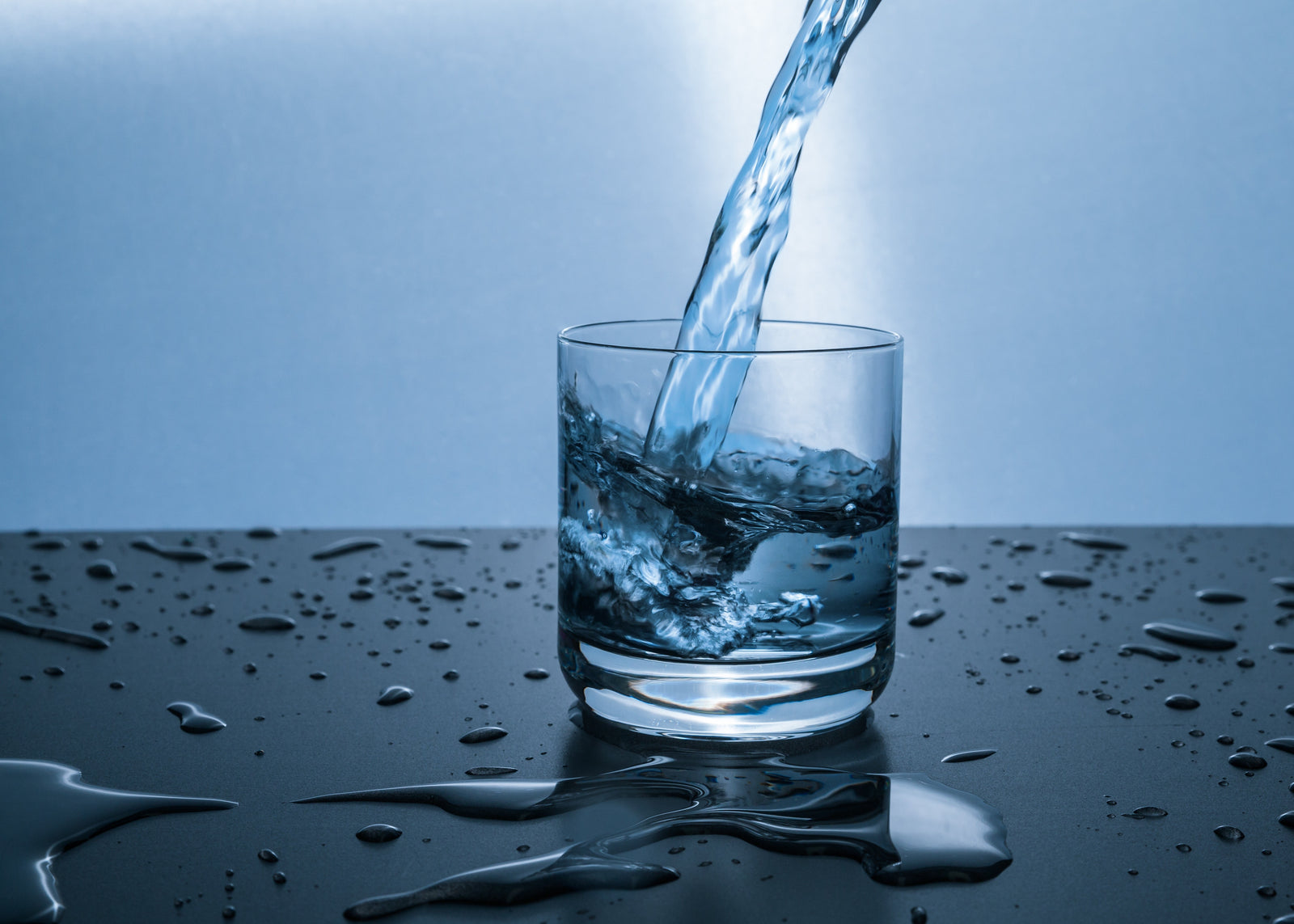Water vs. Sports Drinks: Which is Better for Hydration During Exercise?

As you're lacing up your trainers, getting ready for a run, or dusting off your gym bag, there's one thing you should never forget - a bottle filled to the brim with something to hydrate you. But, here's the kicker: should it be filled with water or a sports drink?
Whether you go for an energy drink or a protein shake, there are a lot of factors you need to take into account. Hydration is a serious business, and it’s crucial that you take it seriously. Otherwise, you might find your fitness journey rudely interrupted.
Why Hydrate?
Let's begin by understanding why hydrating the body is as important as exercising it. You see, our bodies are a bit like a well-oiled machine, with water making up around 60% of our total body weight. It's involved in virtually everything we do - from regulating our body temperature and aiding digestion to lubricating our joints and transporting nutrients around the body.
Now, when we exercise, we start to sweat. This is our body's air conditioning system at work, helping us keep our cool. But as we sweat, we're losing water, and if we don't top it up, we start to get dehydrated. This is not just about feeling a bit parched.
Dehydration can also lead to muscle fatigue, dizziness, and a drop in coordination. If you're going for a personal best, or just trying to get through a high-intensity workout, dehydration is going to put a right spanner in the works.
So, we've established that staying hydrated is crucial. But what should we be drinking? Plain old water or one of those fancy sports drinks?
The Way of Water
Water is the classic hydration choice. It's simple, calorie-free, and does a stellar job of replenishing the fluids we lose through sweat. If you're doing a moderate workout, water will usually do the trick. It’s not like water has any inherent downsides when you ingest it.
However, if you're pushing your limits in a high-intensity workout or running a marathon, water might not cut the mustard. Water is great for staying hydrated and refreshed, but it doesn’t do much for raising your energy levels. This is where sports drinks shine.
Sipping on Sports Drinks
This is where sports drinks come into the picture. Sports drinks, like the ones you see footballers chugging during half-time, contain something water doesn't - electrolytes and carbohydrates.
Electrolytes, including salts like sodium and potassium, are lost in sweat. They're vital for maintaining fluid balance in the body, nerve function, and muscle contraction. Meanwhile, carbohydrates in these drinks provide a quick source of energy. This can be a game-changer in endurance events or high-intensity workouts where your body's fuel stores start to run low.
The added sugar in these drinks isn't just for taste - it can help you keep going when you feel like you've hit a wall. So, sports drinks seem to have a lot going for them, but it's not as clear cut as you might think.
The Downsides Of Sports Drinks
For one, they can be high in sugar, and not everyone needs the extra calories. If you're exercising to lose weight or control your blood sugar, the added calories from a sports drink might offset the calories you've just burnt off in your workout.
Moreover, sports drinks might be overkill for a light workout or a quick jog around the park. In these cases, water would serve you just as well, without the extra sugar and calories. Also, it's worth noting that everyone's hydration needs are unique. Factors such as the climate, your sweat rate, workout intensity, and duration all play a part in determining whether water or a sports drink would serve you better.
The Third Option
There’s a third liquid you can drink during a workout. Protein whey has been a solid alternative for sports drinks and water in the gym hydration scene. Whey is packed full of high-quality protein, which can aid in muscle recovery and growth after a strenuous workout. It's easily digestible and gets to work quickly, making it a popular choice for athletes and fitness enthusiasts.
Not to mention, it often comes in a variety of tasty flavors, which can make it a more appealing choice than plain water or other protein sources. That said, it’s important to remember that protein whey is basically a snack in itself. If you’re the type to get bloated after eating, the heavy nature of protein might not be something you’re into.
Conclusion
In conclusion, there's no one-size-fits-all answer to the water vs. sports drinks debate. If you're sweating buckets in a high-intensity workout or endurance event, a sports drink could give you the electrolyte replenishment and energy boost you need. However, if you're doing a moderate or light workout, pure, calorie-free water should be your go-to.
As always, listen to your body. It's pretty good at giving you signs about what it needs. Feeling thirsty is an obvious one, but also watch for signs of dehydration like fatigue, dry mouth, and dizziness. When in doubt, consult a healthcare professional or a nutritionist to find out what's best for your specific needs.


Leave a comment